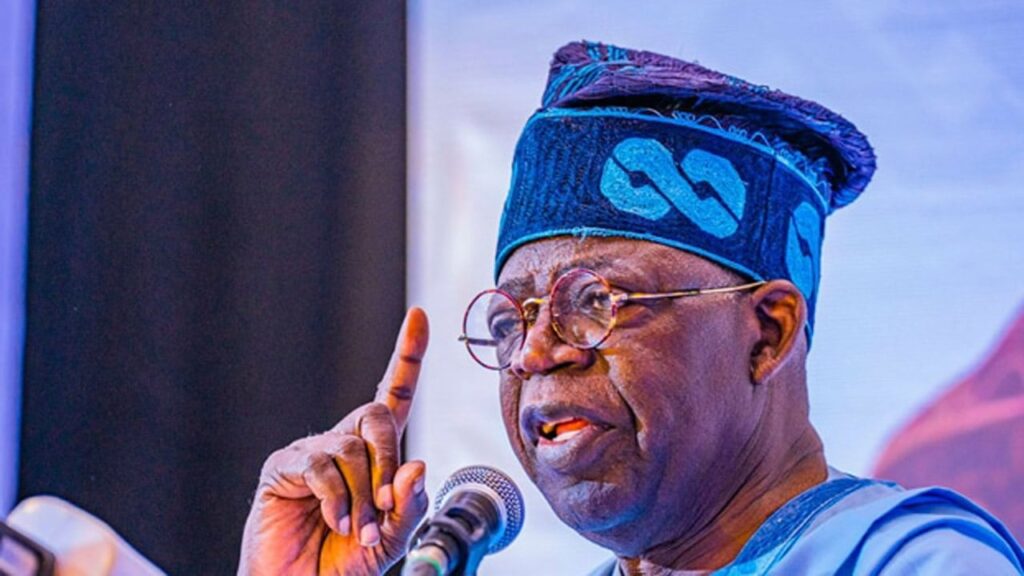
Tinubu ready to sell FG’s stakes in NNPC, 19 other state-owned companies to raise funds
President Bola Ahmed Tinubu is considering sale of national assets and other government-owned companies.
The Nigerian National Petroleum Company Limited (NNPCL) is among the 20 companies that the government plans to sell to generate revenue from.
The plan will involve selling at least 20% of the federal government’s shares in these various entities.
The sale of the stakes in the state-run companies is to bolster revenue amid pressing financial challenges.
According to a Bloomberg report, the Nigerian National Petroleum Corporation is one of the 20 firms.
Armstrong Takang, the chief executive officer at the Ministry of Finance Incorporated, who disclosed the move, said the sale would be to strategic investors.
He also revealed that the agency is considering options, including strategic sales and initial public offerings, and aims to implement the plan within 18 months.
Takang explained that some entities need the private sector to take controlling shares, and the primary consideration for the government is to create value rather than retain control.
He said: “It is better for us to own 49% of a high-performing entity than 90% of an entity that is underperforming.”
Although Takang failed to mention the other companies besides NNPC, Punch in 2022 revealed a list of 27 national assets the government is considering selling or concessioning.
The assets include:
Tafawa Balewa Square
National Integrated Power Projects (NIPP) in various locations: Olorunsogo plant Calabar II plant Benin (located at Ihorbor)
Omotosho II plant Geregu II plant
Hydropower plants across the country: Oyan plant Lower Usuma plant Katsina-Ala plant Giri plant Calabar and Kano free trade zones Abuja Water Board Aluminium Smelter Company of Nigeria
National Film Corporation
National Theatre
Lagos International Trade Fair
Nigerian National Petroleum Corporation (NNPC)
Federal Government-owned hotels and landed properties
Indeed, Nigeria’s dire economic environment is indicated by rising Naira exchange rate to the dollar which affects of petrol fully imported into the country. It also affects transport and prices of food.
Nigerians, for instance, would have to prepare for another price increase in the coming days if the situation of the naira doesn’t improve and global crude prices continue to rise.
However, the message from the Independent Petroleum Marketers Association of Nigeria (IPMAN) to Nigerians is not one of panic.
The President of IPMAN spoke on what Nigerians should expect, as many fear that a litre of petrol could hit N1000.
